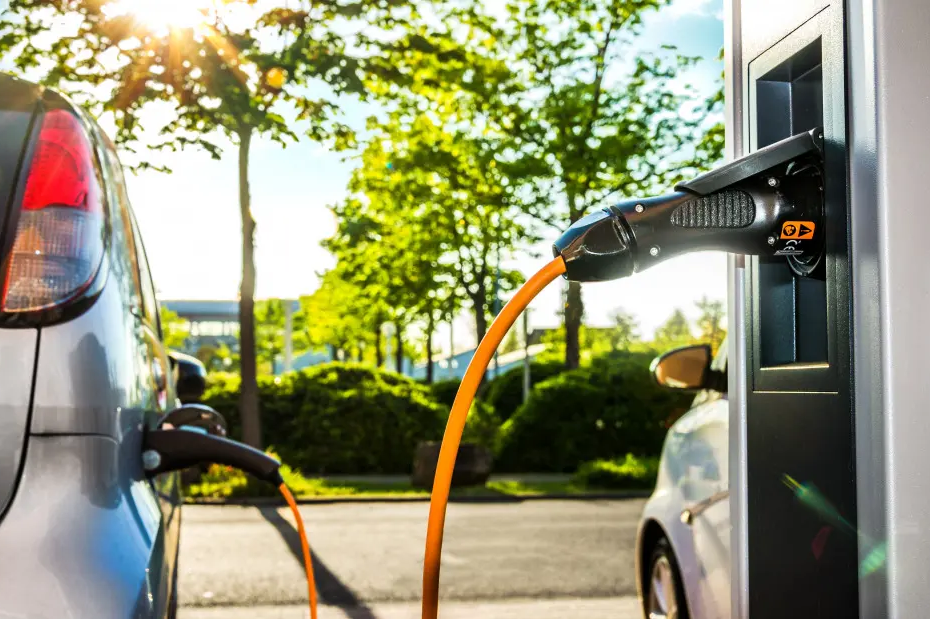Despite Africa’s unique challenges, the continent is taking innovative strides in the Electric Vehicle (EV) sector. The cyclical increase in fuel prices, coupled with the demand for cost-effective transportation and environmental sustainability, has sparked a revolution in Africa’s transportation sector. Governments and private entities have recognized the potential of transitioning to electric vehicles, leading to a surge in investments and initiatives. President Ruto of Kenya drove himself in an electric car, the Autopax Air EV Yetu, to the Youth Africa Climate Change Summit in Nairobi on September 3, 2023, showing Kenya’s commitment to the goal. Here is an outlook of the electric vehicles in Africa.

Government Initiatives
Several African governments have launched ambitious initiatives to facilitate the transition in response to the burgeoning revolution in the electric vehicle sector. Notably, the United Nations Environment Program (UNEP) has rolled out electric mobility projects across the continent, with countries including Uganda, Kenya, and Egypt taking part. These initiatives aim to pilot test electric motorcycles and three-wheelers as part of a broader push towards sustainable transportation.
In addition to UNEP’s efforts, individual countries have also demonstrated a commitment to electric mobility. South Africa, for example, has witnessed a remarkable 127% surge in electric vehicle adoption, primarily driven by the government’s favorable policies and incentives. This growth in the electric vehicle market is expected to continue as South Africa, among other countries, increasingly prioritizes eco-friendly transportation solutions. Read Also: Gas Saver’s Guide: 23 Tips for Cutting Fuel Costs
Besides these nationwide initiatives, developing the infrastructure necessary for electric vehicles is a critical focus area for African governments. Electric vehicle charging stations are slowly but steadily increasing across the continent, facilitated by startups and governmental support. The expansion of this infrastructure is critical to the successful implementation of electric vehicles and signals Africa’s commitment to a greener, more sustainable future.
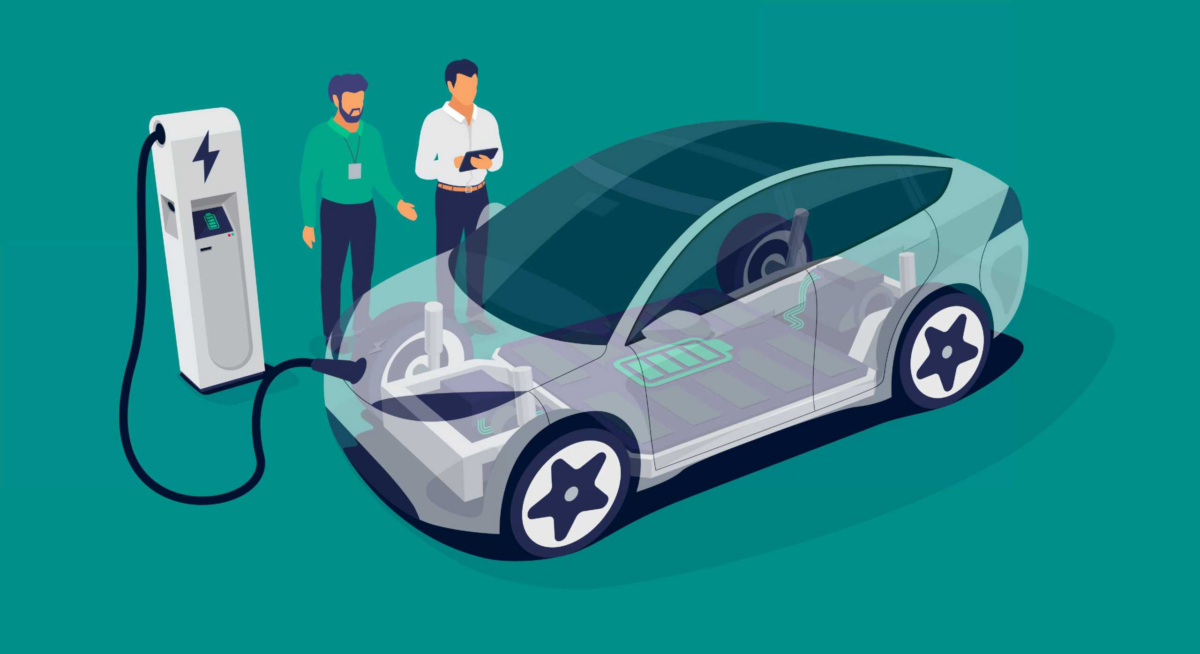
Further Government Initiatives
Rwanda, as an exemplar, has introduced policy interventions and incentives to attract investors in the EV sector, offering rent-free land for charging stations and reduced electricity tariffs as they fast-track towards a green transportation revolution. Moreover, they have exempted electric cars and spare parts from VAT and import duties, further emphasizing their commitment to a cleaner future.
Following a similar path, Tunisia has stimulated EV adoption by reducing customs duties on electric vehicle charging equipment and value-added tax. Uganda also waived import duty on electric wheelers and exempted VAT on all-electric vehicles while introducing a special electricity tariff for charging stations. These innovative policy incentives in Kenya, Uganda, and Tunisia have significantly contributed to the growth of e-mobility startups.
Moreover, in Kenya alone, up to 40 local startups have raised USD 52 million in financing, providing services from local assembly and sales to asset financing and ‘Battery-as-a-Service.’ BasiGo, a Kenya-based green mobility startup, has expanded its fleet of electric buses to 17, with plans to operate 1,000 electric buses by 2026. This speaks volumes about the exciting future of e-mobility in Africa.
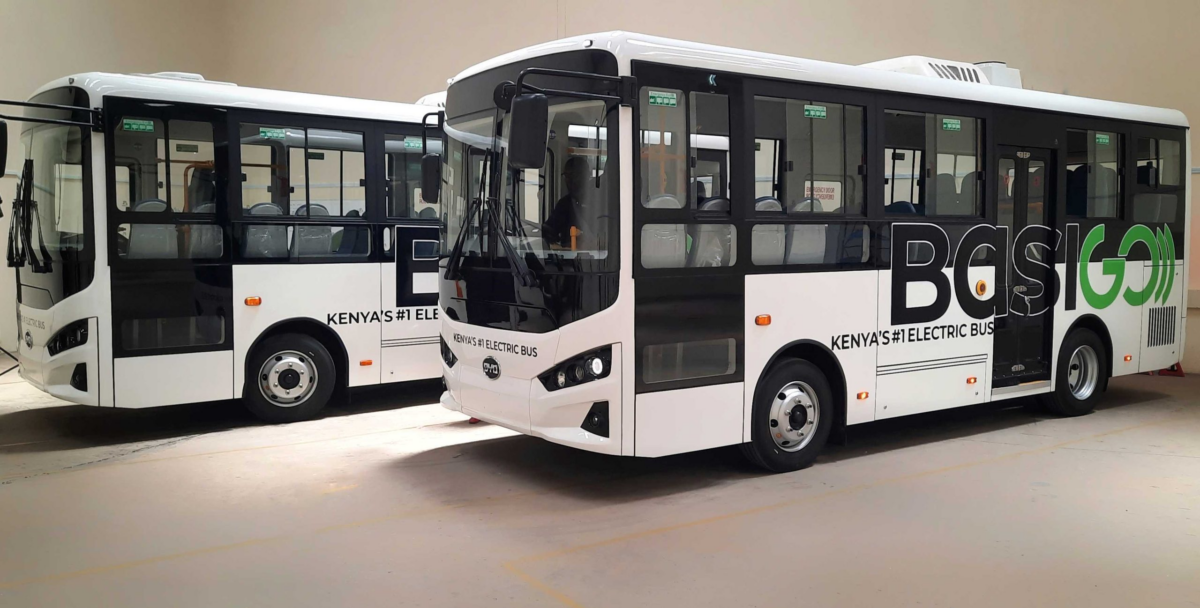
Private Sector Startup Investments
The private sector has been pivotal in bolstering the electric vehicle revolution in Africa, with startups providing various services ranging from local assembly and sales to asset financing and battery-as-a-service.
BasiGo
One such startup is BasiGo, a Kenya-based green mobility company that has made significant strides since its inception in 2022. Starting with only two mass transit buses in its fleet, BasiGo has grown exponentially, today boasting a fleet of 17 buses that have collectively traveled over 621,000 miles, ferried more than 1.3 million passengers, and prevented the release of more than 200 tons of carbon dioxide. Read Also: Rising Giants: Top 10 Africa’s Startups of 2023
BasiGo’s Chief Revenue Officer, Moses Nderitu, commented on this progress, stating, “Kenya, and by extension Africa, is ready for the green mobility revolution. More commuters prefer electric buses to diesel-powered ones. We currently have a waiting list of 400 buses from operators. They wouldn’t be requesting them if the demand was not there.”
The startup has installed three electric charging stations and aims to have seven operational by 2024. It’s also collaborating with an oil marketing company to incorporate charging stations at petrol stations, allowing buses to charge during off-peak hours. A key ambition for BasiGo is local assembly.
The startup plans to assemble the buses domestically and hopes to expand its fleet to 1,000 electric buses in Kenya by 2026. As it scales its operations in Rwanda and eventually other African nations, BasiGo continues to contribute significantly to the green mobility revolution. Nderitu further notes, “For the last one year, e-mobility in Kenya has moved from something on the fringes to a topic discussed at the highest level with the president championing the adoption of clean vehicles.”
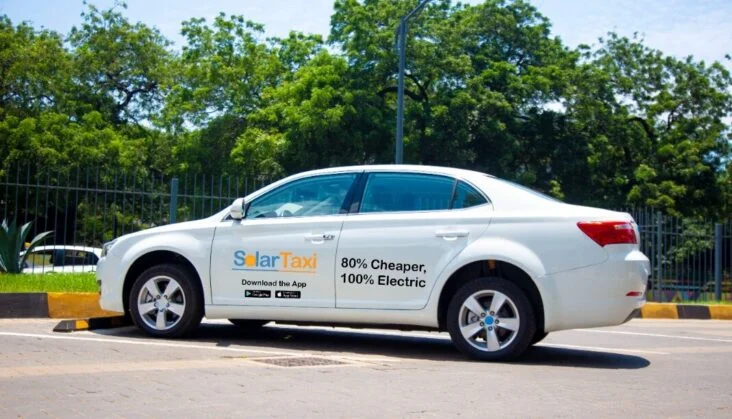
Other Private Sector Investments
The enthusiasm for electric vehicles is not limited to East Africa. SolarTaxi, a Ghana-based startup in West Africa, provides sustainable commuting solutions by assembling and maintaining electric vehicles, including cars, bikes, and tricycles. Since 2018, the company has installed charging units and manufactured battery packs, training over 100 women in mechanical and auto engineering through its female engineering academy.
This has added a crucial social dimension to the company’s mission of sustainable transportation. SolarTaxi has established seven branches in Ghana and expanded operations to Nigeria and Côte d’Ivoire, driven by growing acceptance of electric vehicles and rising environmental concerns.
Here are some of the other notable EV startups in Africa:
- Forever powered
- eWAKA
- Mobility for Africa
- Zembo
- Opibus
- Shift EV
- Ampersand Electric Motorcycles
- Everlectric
- Shift EV
- Michanic
Challenges and Future Prospects
Despite these strides and the promising future of electric vehicles (EVs) in Africa, the sector suffers several formidable challenges. These include difficulties in sourcing raw materials, obtaining skilled manpower, and securing land leases owing to pervasive corruption. Further complicating matters is the continent’s heavy reliance on imported used cars and significant infrastructural constraints such as power outages and inadequate charging stations.
In addition, the high upfront cost of EVs, coupled with the prohibitive expense of setting up charging infrastructure, is a significant deterrent to the widespread adoption of these vehicles. Limited investment in the sector also poses a substantial barrier to progress, with stakeholders advocating for tapping into carbon markets for financing and launching public awareness campaigns to alter perceptions about green mobility.
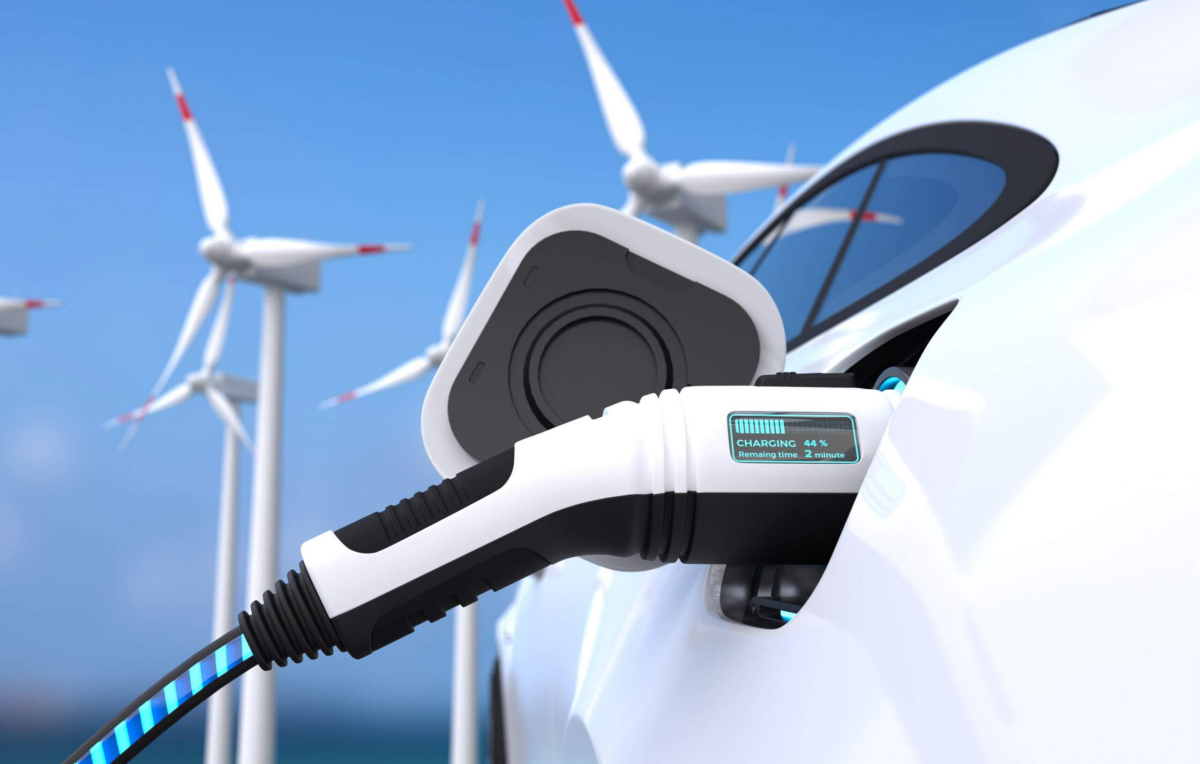
Future Prospects
Africa’s EV sector is poised for considerable expansion in the coming years. Governments and private sector players in Africa strive to carve out a share in the rapidly growing EV sector, expected to reach USD 21.39 billion by 2027, up from USD 11.94 billion in 2021. Rwanda has been a frontrunner in the transition to EVs, introducing a raft of policy interventions and incentives in a bid to woo investors.
Other African countries such as South Africa, Egypt, and Morocco have established goals to reduce car emissions in upcoming years and promote the development and selling of the EV market. A few companies, including Volkswagen AG, BMW AG, Stellantis N.V., and others, dominate the African electric car market. The market is projected to grow by 17.33% (2024-2028), resulting in a market volume of US$162.2m in 2028.
The Africa Electric Vehicle (EV) Charging Market was valued at USD 31.93 million in 2022 and is predicted to reach USD 256.53 million by 2030, with a CAGR of 30.2%. Despite the challenges, there is a future for EVs in Africa, and the region has abundant natural resources whose value could significantly contribute to green industrialization and the vast potential of solar energy and electric vehicle batteries.
Bottom Line
The transition to green mobility in Africa shows promising potential. With rising fuel prices, environmental concerns, and the need for cost-effective transportation, governments and startups are proactive in promoting the adoption of electric vehicles by implementing policy interventions, incentives, and innovative financing models. The potential for job creation, environmental protection, and sustainable transportation makes the Electric Vehicle revolution in Africa one to keep an eye on.

